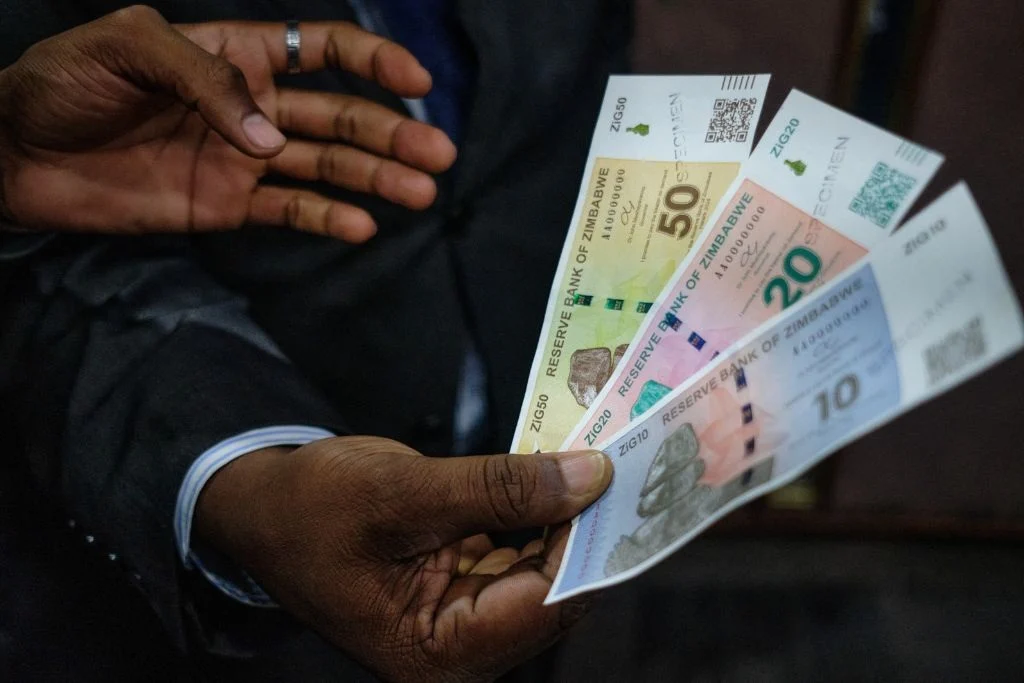HARARE – Former deputy minister of finance Terrence Mukupe was Wednesday slapped with a three-year jail sentence after he was last week found guilty of a 2017 smuggling offence involving 138,979 litres of diesel.
High Court judge Benjamin Chikowero also handed similar sentences on Mukupe’s accomplices Same Kapisoriso, Joseph Taderera and Leonard Mudzuto.
The four were initially jailed three and half years each but six months were set aside on condition that they do not commit a similar offence in the next five years.
They were also each fined US$2,780 with the alternative of additional two-year prison sentences if they fail to pay the fine.
The four were facing fraud charges and an alternative charge of contravening section 174(1) of the Customs and Excise Act (false declaration).
Prosecutors proved that the four smuggled a tanker filled with 138,979 litres of diesel into the country without paying duty in 2017.
The tanker was intercepted by Zimbabwe Revenue Authority (ZIMRA) officials at Chirundu border post leading to the arrest of the four.
In sentencing the four, the judge said the court should send a clear message transnational crimes will not be condoned.
“The offence was committed by an organised criminal group. It was extra-territorial. Countering extra-territorial criminal activity is not the obligation of one country.
“This court will be mindful of this so as to deter not only likeminded Zimbabweans but foreigners.”
The judge also said the four’s actions had greatly prejudiced the State through tarnishing the country’s name and its organisations.
“The crime creates unfair competition. The country’s trust gets affected by the need to confirm goods at ports of entry and reconfirm the same at ports of exit.
“An inadequate punishment of offenders encourages non-adherence to the law,” Justice Chikowero said.
The judge however conceded they were all first-time offenders.
He also said there was an inordinate delay in commencement of trial thereby unnecessarily putting the four in a mental prison.
“The matter was into its 7th year when trial commenced. No one explained the delay,” the jusdge said.
“The anguish and anxiety was akin to some kind of mental prison. Had they been brought to trial in or about 2017, the sentence would’ve been remarkably different.
“Had they been brought to trial timeously, they would have finished any sentence imposed on them.”















